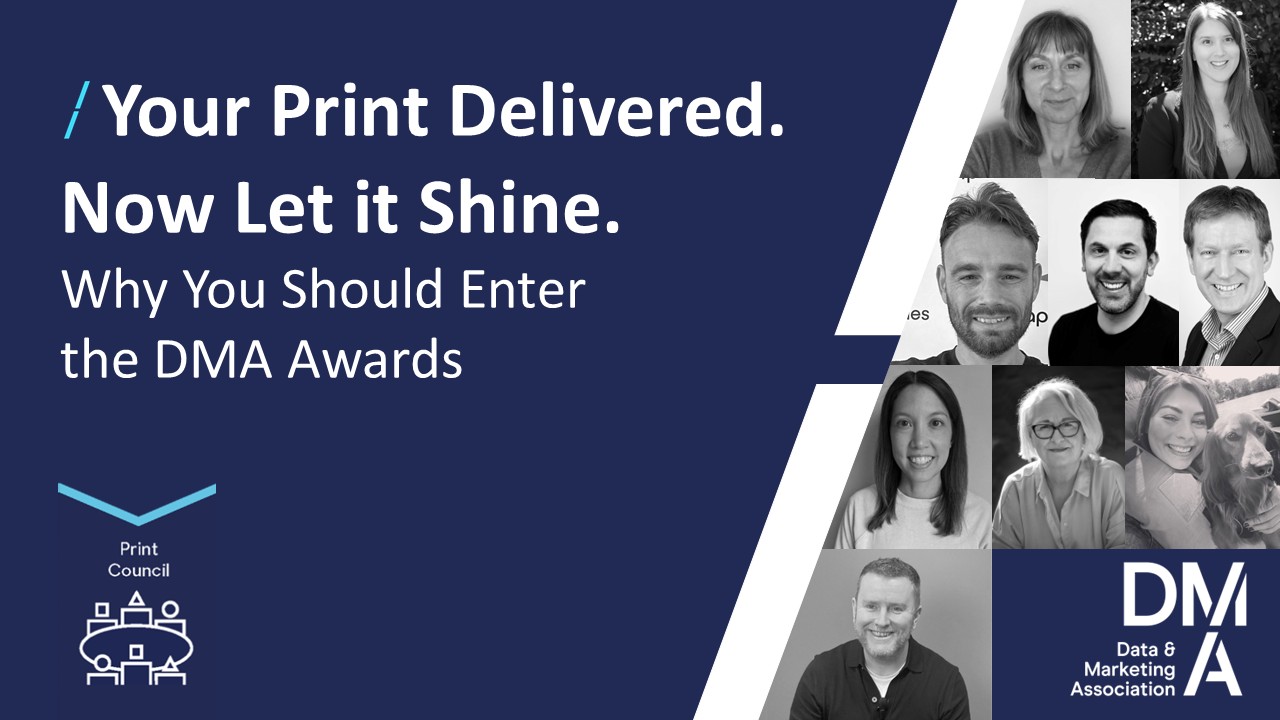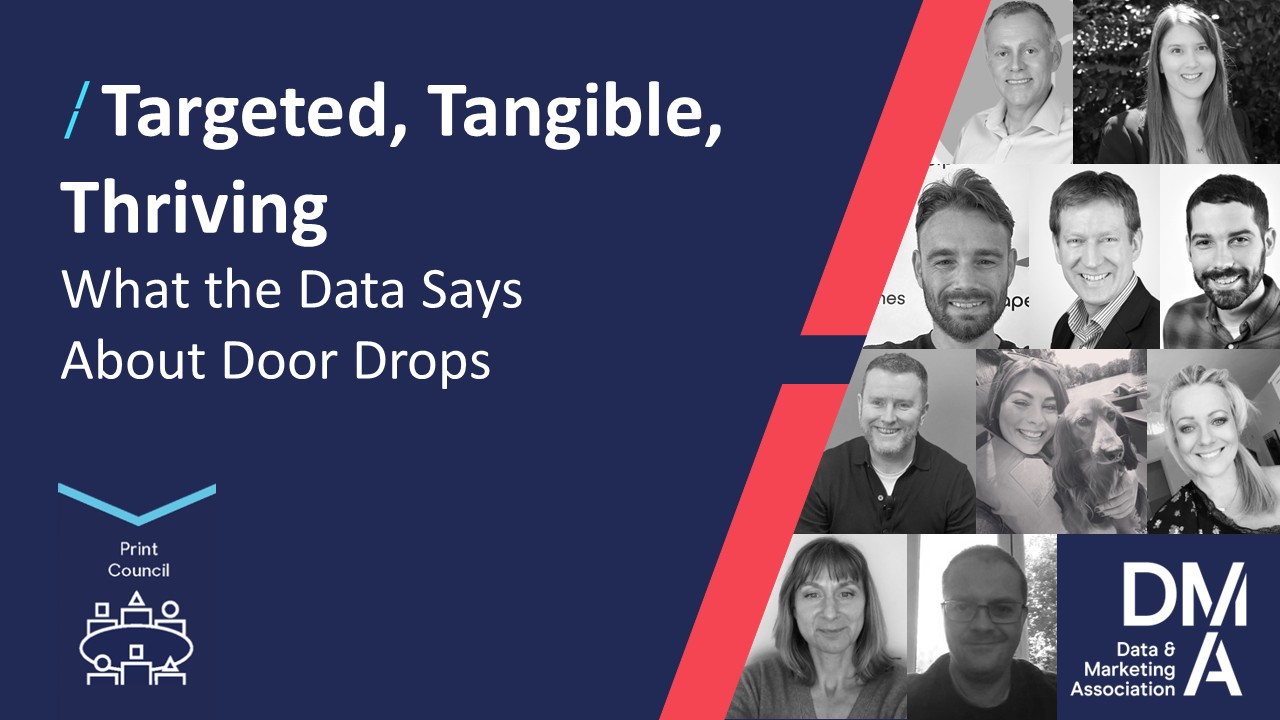New door drop preference scheme on the horizon
17 Feb 2012
A new preference scheme for door drops will replace the DMA’s Your ChoicePreference Scheme and Royal Mail’s Door to Door Opt Out Scheme. It’s part of theDefra agreement the DMA signed in November, committing the direct marketingindustry to cut physical waste and carbon emissions over the next three years.
What does this mean for our industry? The DMA Door Drop Board Committee held an open meeting on Tuesday 24 January. Here’s a Q&A of what was discussed. Hopefully, it will answer any questions you may have about the new scheme.
Why do we need a new opt-out scheme?
The new European data privacy framework could potentially move all direct marketing to require an opt-in from the consumer. The most recent draft of the proposal has dropped this requirement for the time being, but a comprehensive opt-outscheme is a key pillar of self-regulation and an effective defence against this kind of initiative. Defra’s view is that the current disparate schemes are not consumer-friendly and is pushing for improvements.
Why is the name of the scheme changing?
As it is based on a merger of two existing schemes it seems appropriate not to adopt either and the current “Your Choice” branding is seen as being outside the family of preference services.
How was the suggested name DPS (Door Drop Preference Service) arrived at?
The industry rebranded to use door drop as the consistent name for our medium a few years ago. This term is gaining currency in marketing circles and best encapsulates the proposed scheme. It is also consistent with the other preference services – MPS, TPS,FPS. DDPS was felt to be unnecessarily clumsy.
Will the existing “Your Choice” schemes and “Royal Mail” schemes be merged?
At this point the intention is not to do so as the consumers have chosen a current scheme based on its existing parameters. Besides, there are data protection issues. As both current schemes have a two-year lifespan, it is suggested the current registrants will be administered on their respective schemes for this time period. Thereafter they will need to reapply to DPS to continue with their opt-out.
The DMA has agreed an awareness of the preference scheme of at least 30% by the end of 2014 – how will this be measured?
Currently measures of preference awareness are conducted regularly by the DMA in the form of a MORI poll and a suitable question will be added.
How will consumers apply to the DPS scheme?
Consumers will be encouraged to join DPS online but there will also be a postal option for those without online access.
The existing schemes use a two-stage mechanism to achieve informed consent to opting out. Is this still possible with an online system?
DPS will work from a principle of informed consent. Consumers will be made aware of the things that they will no longer receive if they opt out and equally aware of the limitations of the scheme as it won’t apply to items such as free newspapers; BT, Yell and Thomson directories; or anything delivered by non-DMA members.
Consumers will need to use a valid email address to register and will only be signed up once they have clicked on a link that will be sent to them via email. This retains the spirit of the two-stage process but achieves it in a manner which is cost effective in the administration.
As the scheme stands, it appears to be stopping the mailing for verification prior to registration.
As above, the intention is to validate applicants online and confirm online due to both cost and ease of access for the consumer which has long been a Defra criticism.
How will you stop people registering other addresses or ‘batching’ a collection of addresses?
While nothing is foolproof, the DMA will introduce limitations on the IP address used for registration to prevent any abuse of the process.
When will DPS go live?
The plan is to take our proposal to Defra to get its approval and then launch concurrently with similar schemes that Defra is developing to cover other print media, e.g. inserts, directories, etc. The timing of the latter is not yet confirmed but the DMA Door Drop Board Committee feel it is important to be proactive in engagement with Defra and ensure that everything is ready ahead of a future launch date.
Mark Davies, Managing Director, TNT Post





Please login to comment.
Comments